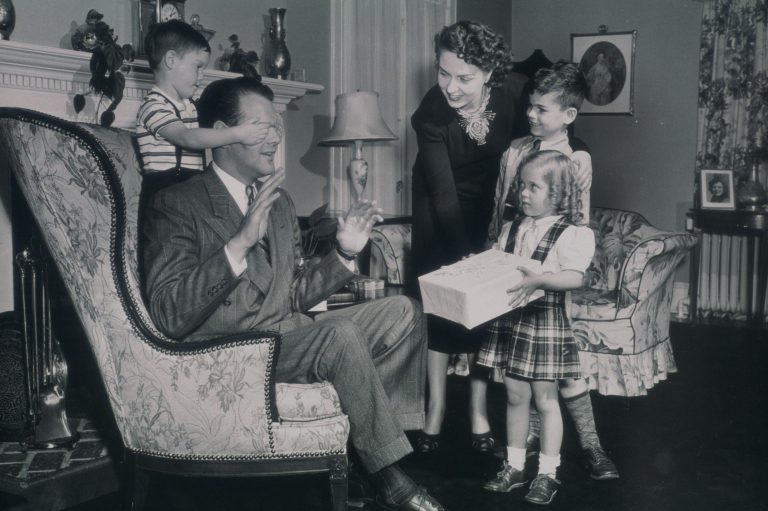The enchantment of Christmas often echoes with the laughter and camaraderie shared over classic family games, creating cherished memories passed down through generations. Yet, as the festive season draws near, there’s a palpable shift in the tradition of these joyous pastimes. The decline in the popularity of family Christmas games is not solely due to changing times but is significantly influenced by the widening generation gap.
Table of Contents
ToggleThe Generation Gap: A Shift in Entertainment Preferences
One pivotal reason behind the fading allure of traditional Christmas games lies in the evolving entertainment landscape. The digital revolution has birthed a generation with a profound affinity for technology-driven experiences. Younger family members often find themselves engrossed in digital entertainment: immersive video games, social media, and on-demand content accessible at their fingertips. These forms of entertainment offer instant gratification and personalized experiences, contrasting sharply with the slower-paced, communal nature of traditional games.

A Shorter Attention Spans and Engagement
Modern lifestyles, characterized by rapid information consumption and multitasking, have led to shorter attention spans. Classic Christmas games often require sustained focus, strategic thinking, and interpersonal engagement. In an era of quick, bite-sized entertainment, the prospect of spending hours around a table playing board games or engaging in structured activities might seem daunting or less appealing to younger generations accustomed to fast-paced stimuli.

The Difference in Communication Styles and Values
The generational gap isn’t just about entertainment preferences but also encompasses differences in communication styles and values. Older family members might treasure the nostalgic charm of these games, valuing face-to-face interaction and the shared experience of play. Contrastingly, younger generations might prioritize individualistic forms of engagement, relying on digital communication and asynchronous interactions.
Geographical Dispersal: A Barrier to Tradition
The modern family structure often spans across geographic distances, hindering the frequency of physical gatherings during the holidays. This dispersion fractures the continuity of traditions and impedes the passing down of cultural significance associated with these games. The lack of regular face-to-face interaction dilutes the emotional connection to these cherished activities.

Reviving the Tradition: A Path Forward
To rejuvenate the family Christmas traditions, a harmonious convergence of old and new must be forged. Integrating technology into traditional games, creating hybrid experiences that blend the allure of digital innovation with the essence of classic games, could bridge the gap between generations. Moreover, fostering understanding and compromise between differing preferences can help families find common ground, rekindling the spirit of togetherness and joy these games bring.

In essence, the decline of family Christmas games isn’t a condemnation of tradition but rather a reflection of the evolving dynamics within families. By embracing adaptability and innovation while honoring the time-honored traditions, families can reimagine these cherished activities, ensuring that the magic and warmth of shared moments endure across generations.












+ There are no comments
Add yours